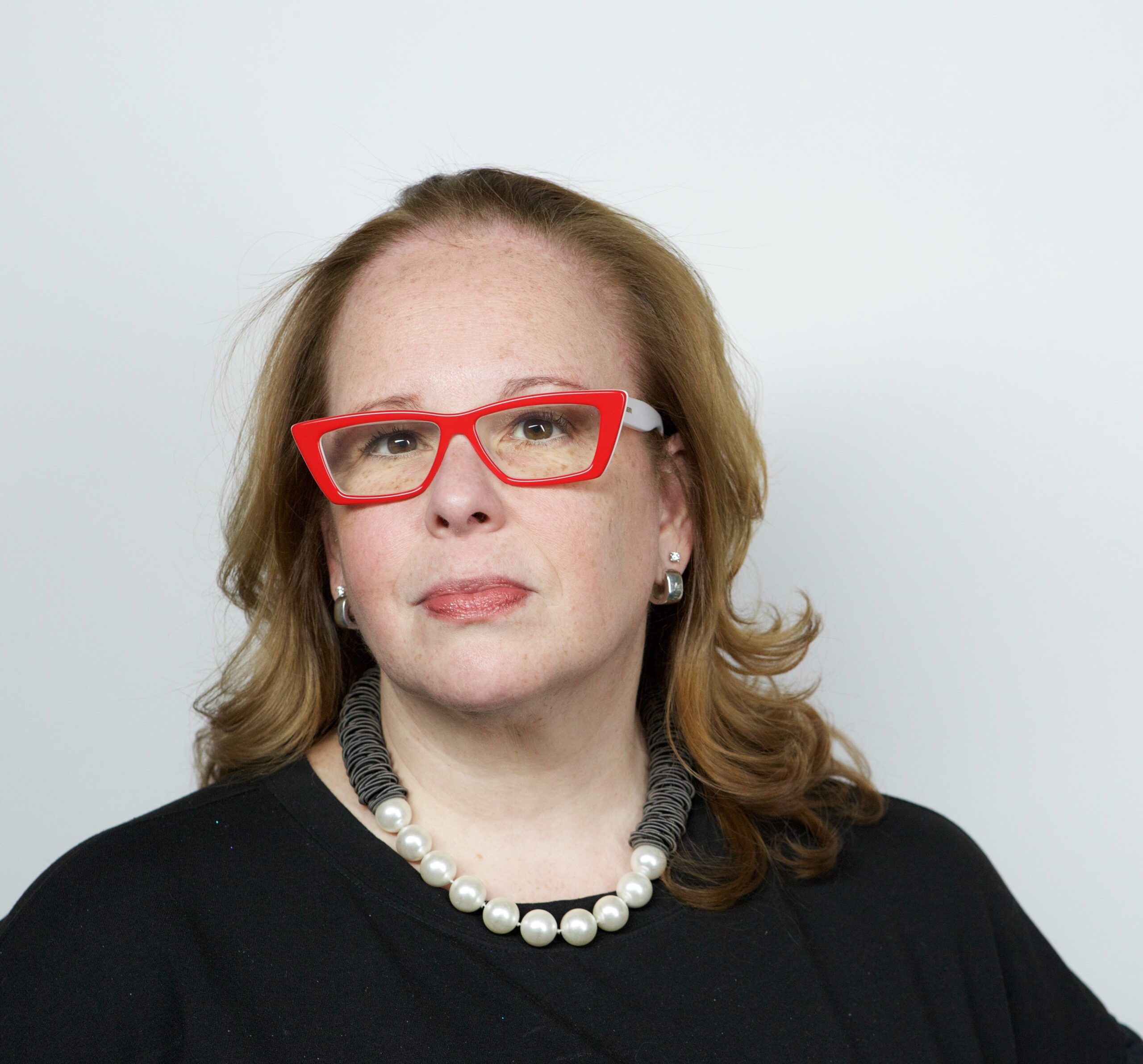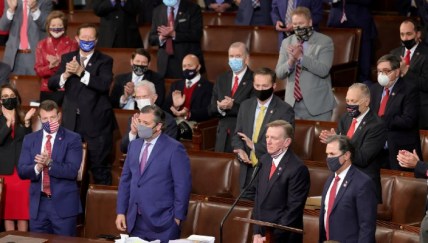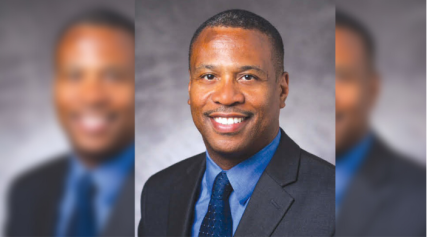How to avoid the ‘post-reckoning’ mindset in diversity, equity and inclusion in the workplace in 2022
OPINION: Nearly two years after the "racial reckoning" in which corporations, universities, foundations and local governments vowed to address diversity, the need for DEI is greater than ever.

In 2008, after the election of President Barack Obama, America’s first Black president, we saw a sweeping and alluring focus on the potential reality of a “post-racial” America. For many, the presence of a Black president and the media using the language of “race,” “breaking barriers” and “racism” signaled a potential end to the hundreds of years of bigotry, structural inequities and historical marginalization.
Many of us were concerned that the embracing of a “post-racial” ideology bound by limited facts could hinder the significant work that needed to be done. The election was indeed historic. Did it signal progress? Yes. Did it mean we were now post-racial? No.
The murder of George Floyd in May 2020 (in addition to the murders of Breonna Taylor and Ahmaud Aubrey) was a catalyst to what many have called a “racial reckoning.” We witnessed a magnification of the lack of Black people and people of color in senior positions and on boards of directors. Many companies, foundations, organizations, universities and local governments made commitments and pledges to organizations focused on equity, Black people and Black communities.
At the time, the president of the American Psychological Association came out with a statement noting, “we are living in a racism pandemic.” Many organizations acknowledged the ways in which they had not addressed the history of systems and processes that did not actively address conscious and unconscious bias and legacies of privilege.
Almost three years into the COVID-19 pandemic and nearly two years into the “racial reckoning,” the need to focus on diversity, equity and inclusion (with a strong focus on equity) is still great. Several reports across different sectors looked at the data one year after George Floyd’s murder and documented the need for sustained commitment and accountability, and in many cases, follow through on what many entities promised to donate and/or change.
This year will challenge us to not let individual and organizational blind spots, habits or fear lull us into “post reckoning” mindsets and workplaces. Being lulled by progress can also be detrimental to noting and addressing what many of us are seeing as pernicious growing backlash. It will require that we acknowledge what we have learned and unlearned over the last several years and commit to advancing the necessary diversity, equity and inclusion work that still needs to be done.
How do we avoid the danger of a “post-reckoning” mindset and workplace?
Commitment without a crisis
It will be important that organizations continue to focus on diversity, equity and inclusion even though there might not seem to be an imminent “crisis.” Acknowledging structural racism or historic economic barriers of exclusion does not mean that they have disappeared. Revisiting the commitments of 2020, updating them and perhaps adding to them based on some of the challenges to DEI right now is a strategic imperative for organizations. Communication about DEI efforts and updates to initiatives engenders trust within an organization. Chief diversity officers, diversity directors and others internally responsible for DEI work were focused on these topics before 2020 and need continued support, visibility and inclusion in organization-wide setting of priorities.
Looking inward
The work of diversity, equity, and inclusion require persistent internal organizational self-reflection, assessment, and honesty. Cultural assessments that measure engagement, inclusion, awareness and presence of microaggressions, psychological safety, and awareness of DEI commitments are proven ways organizations can measure their alignment of “saying and doing.”

In 2020-2021, the language of “performative allyship” became a language that was clearly understood and served as a cautionary flag for organizations and leaders. It underscores the expectations of authenticity and alignment of statements with internal practices and needed changes.
Most organizations need better and updated data systems. Internal data systems need to be able to allow people to identify in the many ways that make up who they are. This will allow organizations to better understand their employees and workplace communities and to highlight the policies and practices that can support internal diversity.
DEI is paramount to hybrid working and “return to office” plans. Research has told us that many Black employees and other employees of color are hesitant to return to the office. Plans that do not take these concerns into account will most likely not be plans that create environments where all can succeed.
“The Great Resignation,” “The Great Reset,” and/or the “Great Reshuffling” has pushed organizations to think about their internal and external stakeholders, their reach, and footprint. According to research conducted by Edelman, 6 in 10 employees chose their employers based on values and beliefs. Employees and partners will continue to look for workplaces where there are clear statements and demonstrations of values, and where they feel that there is alignment.
Systems of accountability and transparency
Over the last several years, we have seen the elevation of programs and initiatives that work to strengthen accountability. Nasdaq’s Board Diversity Rule was created and has been the source of debate, celebration and for some, a semblance of hope. We will need other efforts to increase racial diversity on boards of directors. Many of the private sector efforts are not structured to be able to source talented professionals in philanthropy, not-for-profit, or government sectors. In 2019, Colorado became the first state to require salary/hourly wage listed in job descriptions (the law went into effect on Jan. 2021). New York City has just passed similar legislation. This transparency will be important and expected moving forward.
Beyond the workplace: Organizations as part of the larger community
After the summer of 2020, I was invited to more workplaces than ever before in my career to speak to people about strategies to talk to children about race and racism. As Anti-Asian harassment and violence increased, many schools seemed to be ahead of organizations in sending out messages of support to Asian communities and denouncing bigotry.
Workplace DEI offices and employee resource groups could have been useful partners for resources, speakers, and even shared learning opportunities. Organizations are part of larger communities, and the issues of civil rights, the demonization and polarization around diversity education, etc. are issues that will continue to need our collective attention. Organizations across all sectors will need to think more broadly about their role, contributions, and voice as true “corporate citizens.”
2022 and beyond challenges us to not let individual and organizational blind spots, habits, or fear lull us into “post reckoning” mindsets and workplaces.
Since the beginning of the COVID-19 pandemic, I have been quoting the sagacious James Baldwin: “Not everything that is faced can be changed, but nothing can be changed until it is faced.”
May we have the courage, commitment and action-focused fortitude to face what is here, has been here, and needs to be changed.

Tanya M. Odom, Ed.M., is a Global Diversity, Equity and Inclusion consultant and coach, and Equity and Inclusion Program Director at the Walton Family Foundation.
Have you subscribed to theGrio podcasts “Dear Culture” or “Acting Up?” Download our newest episodes now!
TheGrio is now on Apple TV, Amazon Fire and Roku. Download theGrio.com today!
More About:Opinion












